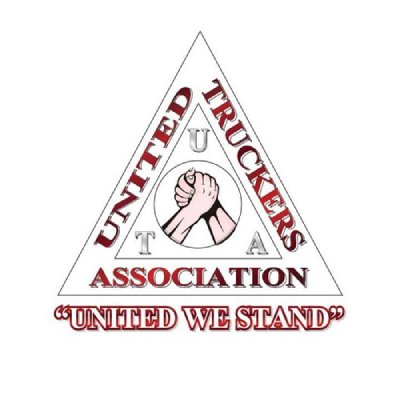VANCOUVER, BC: The United Truckers Association (“UTA”) attended two rallies in support of ILWU Canada this past weekend to show solidarity for our striking brothers and sisters.
The main message delivered by UTA spokesperson Gagan Singh on stage was the perils of an imposed settlement based on the UTA’s experience from the 2014 Port of Vancouver labour disruption.
“ILWU is fighting for Canada’s supply chain to function smoothly and for our country’s global competitiveness, and the UTA is warning the federal government not to make the same mistake they did with 2014’s imposed settlement,” says Singh. “It is nearly a decade later, and the federal government has failed to live up to its commitments from the 2014 Joint Action Plan, with our members continuing to suffer as a result.”
The UTA continues to be the local drayage sector’s main advocate for fairness in advocacy with the Port of Vancouver and all levels of government, which is a mandate that includes support for the ILWU’s current demands.
With the Port of Vancouver ranking 347 out of 348 global ports in a recent study, it is critical to have labour that offers flexibility and problem-solving to maintain maximum efficiency in operations. As a result, automation that eliminates jobs is not a solution that the UTA can support.
Further, the federal government’s interest in prices for Canadians remained silent and inactive when shipping companies exponentially increased prices in the months following the outbreak of Covid-19. Hence, there is no reason for any imposed settlement now in the name of consumer protection.
The UTA is warning the federal government of potential escalation of disruption should they consider any kind of imposition of settlement.
“Even though our members are suffering with the lack of work and earnings to support their families at the moment, we remain steadfast in our support of fair and equitable bargaining between parties,” adds Singh. “The federal government should strongly consider the strength of support for ILWU members before they get involved in a unilateral fashion.”





